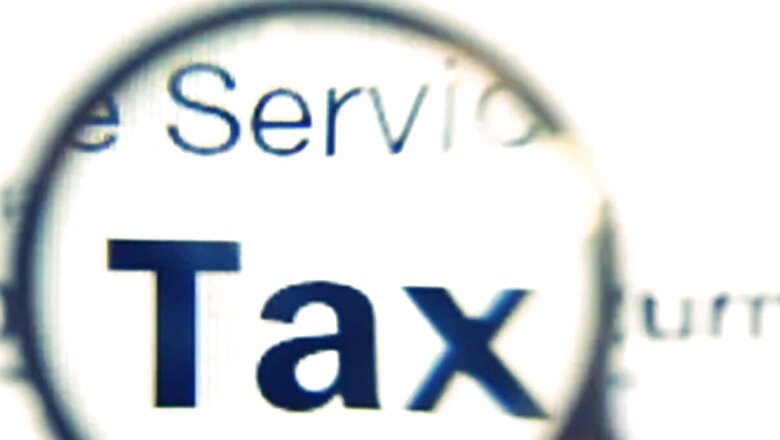
views
Advance tax is a system of paying your income tax in instalments throughout the financial year, rather than paying a lump sum at the end. This helps the government receive a steady flow of income and reduces the burden on taxpayers by spreading out their tax liability.
Also Read: Income Tax Return Filing: 10 Mistakes To Avoid When Filing ITR For AY 2024-25
Here’s what you need to know about the first instalment date and other details:
Advance Tax Payment Dates 2024
The first instalment for advance tax for the financial year 2024-25 is due on June 15th, 2024.
Due Dates for Advance Tax Payments
For individuals and corporates, the advance tax is to be paid in four instalments throughout the financial year, which runs from April to March.
- 1st Instalment: 15th June – 15% of the total advance tax liability.
- 2nd Instalment: 15th September – 45% of the total advance tax liability, minus the amount paid in the first instalment.
- 3rd Instalment: 15th December – 75% of the total advance tax liability, minus the amount paid in the first and second instalments.
- 4th Instalment: 15th March – 100% of the total advance tax liability, minus the amount paid in the first three instalments.
Who Needs to Pay Advance Tax?
As per section 208, every person whose estimated tax liability for the year is Rs 10,000 or more, shall pay his tax in advance, in the form of ‘Advance Tax’.
- Individuals: Any individual whose estimated tax liability for the year is Rs 10,000 or more is required to pay advance tax.
- Corporates: This applies to all types of companies, including public limited companies, private limited companies, and one person companies.
Calculation of Advance Tax
Advance tax is calculated on the estimated total income of the taxpayer for the financial year. This includes income from all sources, such as salary, business, profession, capital gains, etc. Here are the steps:
- Estimate your total income for the financial year.
- Calculate the income tax on this estimated income as per the applicable income tax rates.
- Deduct the tax deducted at source (TDS) and any other credits from the estimated tax liability.
- The balance amount is the advance tax that needs to be paid.
Payment of Advance Tax
Advance tax can be paid online through the Income Tax Department’s website or designated bank branches. The payment can be made using net banking, debit cards, or by visiting the bank.
Consequences of Non-Payment
Failure to pay advance tax on time can result in interest under sections 234B and 234C of the Income Tax Act.
- Section 234B: Interest for default in payment of advance tax.
- Section 234C: Interest for deferment of advance tax.
Exemptions
Senior citizens (aged 60 years or above) who do not have any income from a business or profession are exempt from paying advance tax.
Key Points to Remember
Ensure you calculate your estimated income accurately to avoid penalties.
Keep track of the due dates to avoid interest charges.
Utilise online facilities for convenient and timely payment of advance tax.
By understanding and adhering to these guidelines, you can manage your tax liabilities effectively and avoid unnecessary penalties.




















Comments
0 comment